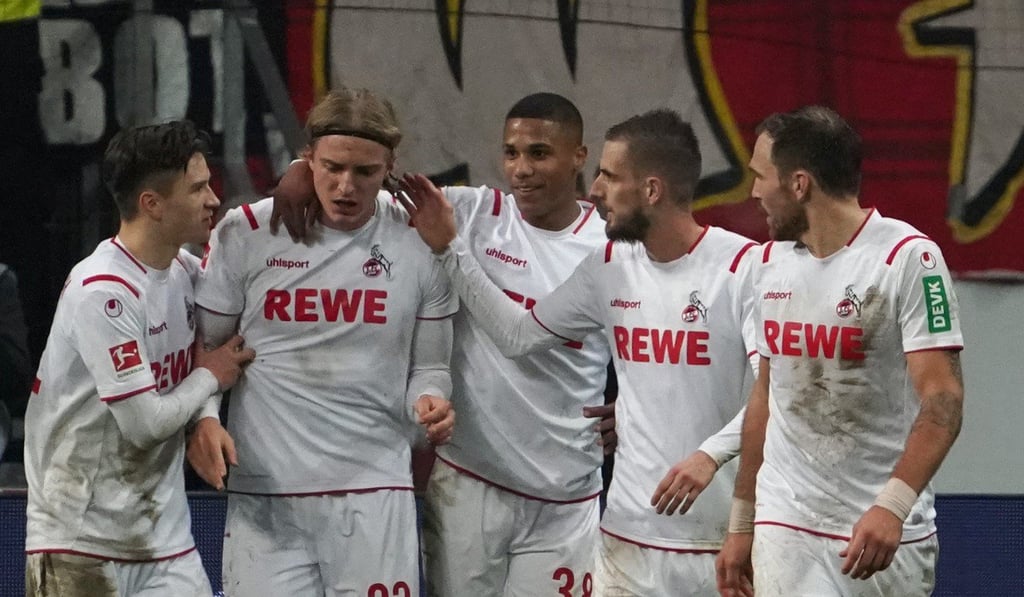Cologne and Mesut Ozil count cost of China backlash
- Arsenal star’s blacklisting set to continue while Bundesliga side lose Chinese sponsor a month after stopping academy deal
- Germany and China football cooperation blighted by Tibet protests at Tokyo 2020 team friendly match

A German football club and one of the country’s star players are feeling the heat from China. News emerged over the weekend that Bundesliga side Cologne have lost a deal with a Chinese gambling sponsor, while Arsenal star and former Germany international Mesut Ozil is still being blacklisted by mainland media.
According to Cologne newspaper Kölner Stadt-Anzeiger, the loss for the postponed deal for the top-flight side was about €1.5 million (US$1.66 million). The club did not offer comment but confirmed that the potential sponsors from China had withdrawn, reported Deutsche Welle online.
“Other forms of possible cooperation, for example sponsoring from Chinese companies, hasn’t been ruled out,” Wolf also said.

That was at odds with former board member and club council member Stefan Müller-Römer, who told the same paper his view.
“I understand that Germany can’t completely get by without China and that there is an exchange between the two countries, but we don’t need China in sport and I stand by that.